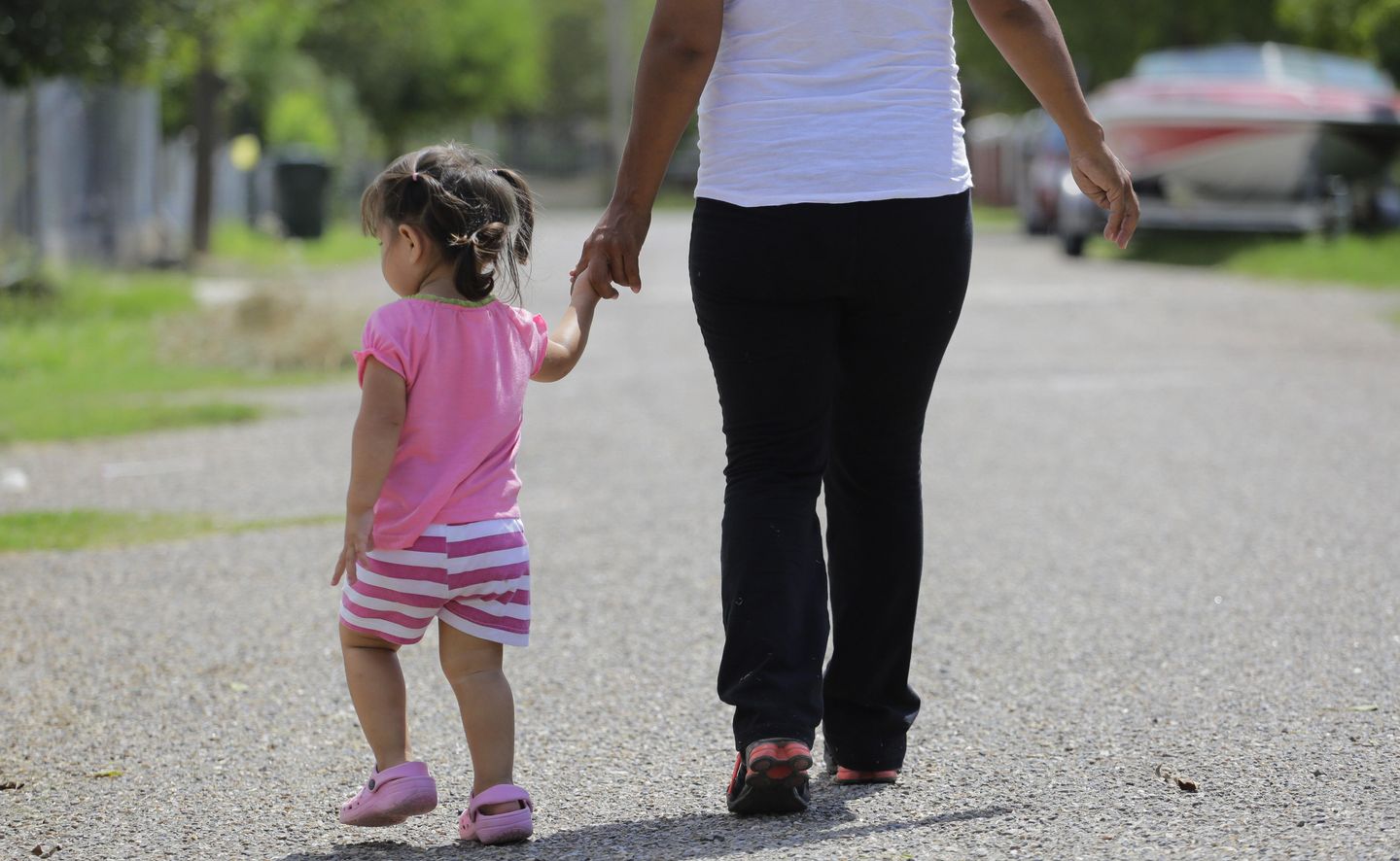
The Supreme Court declined Thursday to block lower court rulings that paused President Trump’s attempt to limit birthright citizenship, but put the case on their calendar for a rare oral argument session next month.
Trump lawyers had asked the justices to allow the birthright changes to go into at least limited effect, saying lower court rulings were not only wrong on the legality of the policy but also were too expansive in erecting nationwide blockades affecting even people who weren’t part of the lawsuit.
The justices, in a brief order, “deferred” ruling on the Justice Department’s request, saying they will wait until the May 15 oral arguments.
Mr. Trump issued an executive order upon taking office in which he directed the federal government not to recognize citizenship of children born to illegal immigrants or temporary visitors.
Opponents said that violates the 14th Amendment of the Constitution, which guarantees automatic citizenship to “all persons born or naturalized in the United States, and subject to the jurisdiction thereof.”
Mr. Trump argues illegal immigrants and temporary visitors — and thus their children — fall under the jurisdiction exception and can be excluded.
But the major issue before the justices right now is what’s known as nationwide injunctions.
That’s the practice of lower courts of issuing rulings that bind people even though they weren’t parties to the lawsuit.
Nationwide injunctions have been particularly prominent in immigration cases, though they’ve also been found in environmental litigation, President Biden’s student loan forgiveness plan and Mr. Trump’s various attempts this year to restructure the federal bureaucracy.
U.S. Solicitor General John Sauer, in a brief to the justices in the case, said district courts — the lowest level of judges — issued 28 nationwide injunctions against Mr. Trump in February and March. That’s 36 times the rate Mr. Biden saw in his first three years in office.
“This situation is intolerable,” Mr. Sauer told the justices.
He has asked the Supreme Court to limit the scope of the lower court injunctions so that the birthright policy can take effect in some places.
He said one problem is that plaintiffs can file cases in courts across the nation and have to find only a single judge somewhere who is willing to block the government in order to win. The Justice Department, meanwhile, would need to win every case.
Mr. Sauer pointed to one instance this year when a judge in Washington ruled against Mr. Trump’s new policy banning transgender troops, but the appeals court in Washington put a hold on it. Less than an hour later, another court thousands of miles away in Seattle issued its own nationwide injunction on the same policy.
Birthright citizenship is somewhat different in that Mr. Trump is on a fairly consistent losing streak in lower courts, with judges excoriating his policy.
Judge John Coughenour in Washington state called it “blatantly unconstitutional.”
















